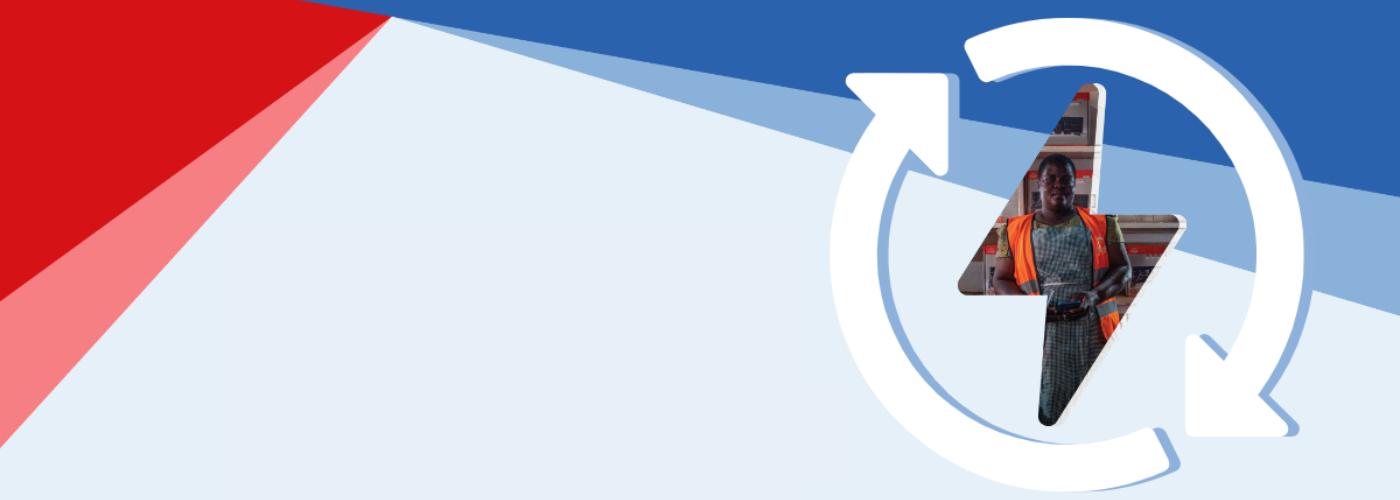Gender Inclusive Financing
Access to clean energy is vitally important to fueling sustainable economic growth and improving human health and wellbeing, yet 13% of the world’s population today lacks electricity. One critical step in increasing energy access among the world’s poorest is through giving a greater voice to women in the renewable energy sector—from consumers and sales agents to senior management.
Yet for the renewable energy sector to be more inclusive of women, a large obstacle stands in the way: investors, financers, and renewable energy companies providing supply chain financing need better guidance on how they can provide more gender-inclusive financing solutions. Many of these stakeholders recognize that women-led businesses represent important customer segments, but they lack segmented data to connect to their potential bottom line, and are unclear about how to gather data on these potential customers and their financing needs.
To bridge this gap, ENERGIA, supported by the European programme GET.invest and in partnership with Distill Inclusion, developed an online toolkit. The toolkit guides and advises interested stakeholders on how to organize and make their funding activities more gender-inclusive. It is based on a thorough research done by Distill Inclusion.
Click on the tabs above to access the toolkit, read the full research report or learn about compelling cases that will motivate you to take steps into providing more inclusive financing.
About the Partners
ENERGIA is an international network of like-minded organizations and professionals, active in Africa and Asia, with one common vision: Women and men have equal and equitable access to and control over sustainable energy services as an essential right to development.
GET.invest is a European program that mobilizes investment in renewable energy projects, supported by the European Union, Germany, Sweden, the Netherlands and Austria.
Distill Inclusion is a women-led management consultancy firm based in Sub-Saharan Africa that enables stakeholders in the energy, water, transport, and climate change sectors to think practically about the challenges and opportunities of gender equality and social inclusion challenges and opportunities.


